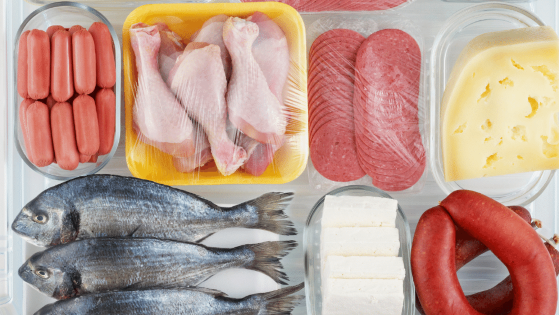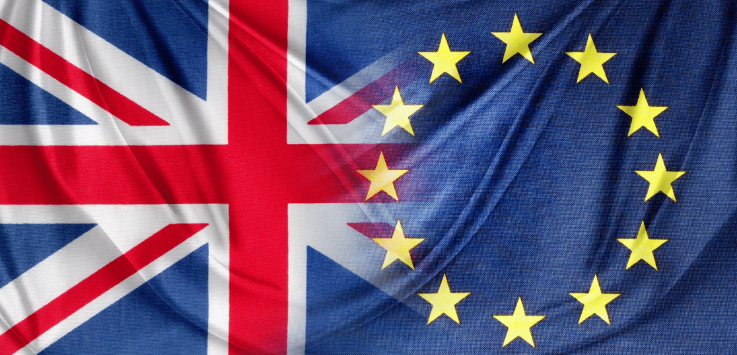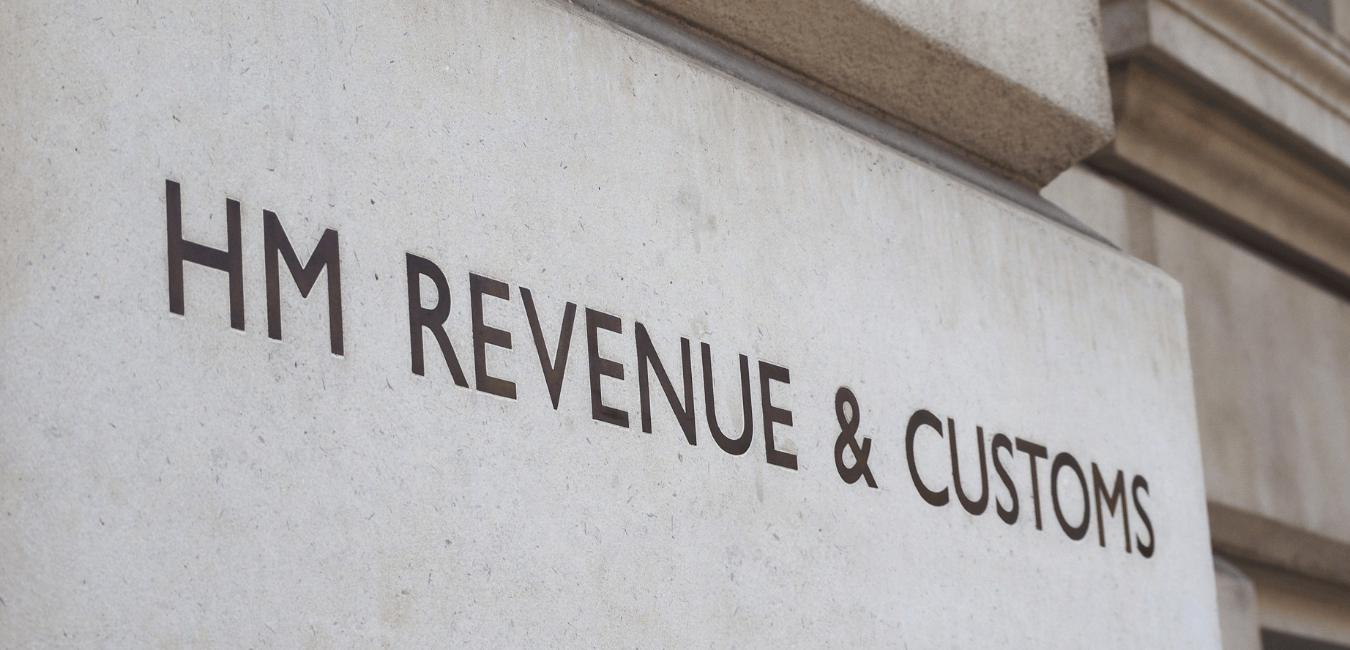Post-Brexit Food Import Examinations Delayed Four Times
Checks on EU imported food and fresh produce have already been delayed three times.

UK Government Announcement on Food Import Controls
The government has said that it would be wrong to impose new food import controls on businesses who may pass-on the associated costs to consumers already facing pressures on their finances.
The planned new import measures and physical checks on imported food and fresh produce from the EU have already been delayed by the UK Government three times. The government will now plan to introduce a new Target Operating Model, which will come into force at the end of 2023. The government believe that this innovative approach will save British importers at least £1 billion in annual costs.
EU Food Controls
It should be noted that the EU introduced full import checks on food arriving from the UK immediately after Brexit. Now three years after Brexit, food imports from the EU into Great Britain are still not checked to the same level as within the EU.
Reaction from UK Ports
It is reported that some UK ports are now considering legal action following this decision by the government. Many ports have already begun the process of employing additional staff to meet the planned post-Brexit checks. Port operators are also concerned that millions of pounds invested in new infrastructure will now be wasted, such as the development of new Border Control Posts.
British Farmers and British Food Producers
British farmers and British food producers also see this move as unacceptable, as they must meet stringent controls on their exports into the EU. Whilst EU food exporters to the UK do not have the same burdens and costs, giving them a competitive advantage.
Import Controls Not Being Introduced
Controls no longer being introduced for EU goods July 2022 are:
- A requirement for Sanitary and Phytosanitary (SPS) checks currently at destination to be moved to a Border Control Post (BCP)
- A requirement for safety and security declarations on EU imports
- A requirement for health certification for further SPS imports
- A requirement for SPS goods to be presented at a BCP
- Prohibitions and restrictions on the import of chilled meats from the EU
What are Border Control Posts (BCPs)?
The Animal & Plant Health Agency (APHA) state that:
A Border Control Post is an inspection post designated and approved in line with GB legislation for carrying out checks on animals and animal products arriving from third countries at the GB border. These checks are carried out to protect animal and public health, and animal welfare.
Animals and animal products from countries outside the EU must be imported via an approved Border Control Post (BCP), where they undergo veterinary checks before they are allowed to enter Great Britain.
What is a Port Health Check?
HM Revenue and Customs state the following:
There are three levels of check carried out - documentary, identity and physical.
- In the documentary check, the health certificates and any accompanying laboratory test results are checked for authenticity and cross-matched with the details of the commercial documents to ensure that they relate to the consignment.
- The identity check involves the inspection of the consignment, checking the container seals and often the packaging of the goods to ensure that the goods match the information on the certification. Labelling and health marking will also be checked.
- The physical inspection of the goods involves the inspection of the product. The packaging will be opened, and the product examined to ensure that it is safe to eat and that it is the same product as certified. Where appropriate, the inspector will make an organoleptic (sight, smell, taste) assessment of the product. Samples may also be taken for laboratory assessment.
What are Sanitary and Phytosanitary (SPS) Measures?
These are measures in place to protect the health of humans, animals and plants and involve documentary and physical checks by border control and customs authorities.
What is IPAFFS?
The Import of products, animals, food and feed system (IPAFFS) is a web-based system used for applications and issuing of CHEDs (Common Health Entry Documents). Importers must use IPAFFS to notify government authorities before importing most consignments of animal products and products of non-animal origin. Please note that as from 1 January to 30 June 2022, importers are required to notify each product type on IPAFFS and not the full consignment in one notification.
Information needed for pre-notification on IPAFFS:
- The type of animal product or goods being imported (POAO, ABP, HRFNAO)
- Origin of the animal product or goods
- Commodity code
- Commodity type
- Species of the commodity
- Commodity weight (net kg)
- Date of arrival into GB
- Reason for importing consignment (internal market, transit, research, etc)
- Consignment’s place of destination
- Addresses and contact details for place of origin, importer and place of destination
- Details of port of entry
What are Common Health Entry Documents (CHEDs)?
The Common Health Entry Document (CHED) must be used by operators/importers for the mandatory prior notification of consignments to the authority responsible for the Border Control Post (BCP). Notification is made by the submission of a CHED with part one completed. The signed original CHED must be submitted to Port Health along with relevant documents, if applicable. Part two of the CHED is completed by Port Health when all checks are completed and subsequently stamped by Port Health. The original CHED is returned to the importer/agent and must accompany the consignment to the first destination shown on the CHED.
What is an Export Health Certificate?
The exporter needs an Export Health Certificate (EHC) to export animal products to Great Britain. An Export Health Certificate is an authorised document that confirms that foods or animal products exported meet the health and quality requirements of Great Britain. The EHC must be signed by a vet or other qualified person in the exporting country after they have inspected the goods.
Defra state the following:
- Competent authorities in EU and non-EU countries must provide a health certificate to exporters of animals and animal products to Great Britain (England, Scotland and Wales), the Channel Islands and the Isle of Man.
- Competent authorities should use the relevant model health certificate as a template to create the health certificate for exporters. The model health certificates cover all of the import requirements for animals and animal products in Great Britain, the Channel Islands and the Isle of Man.
- Canada, New Zealand and the United States have bilateral model health certificates with Great Britain for some animals or animal products.
What are Phytosanitary Certificates?
Phytosanitary Certificates are provided by the exporter for the export of plants and plant products into Great Britain. Phytosanitary Certificates cover controlled plants, fruit, vegetables, cut flowers and regulated objects, such as farm machinery.
Further assistance with Importing Food Products
We can provide further advice and guidance with all aspects of importing foods into Great Britain. For more information, please contact us on 0118 932 8447 or by e-mail: info@icsglobalservices.com
Ian Simmonds
Share this page




